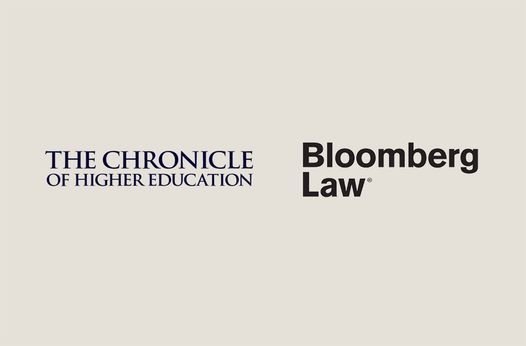Minnesota Federal Court Finds TCPA Violation Is Covered "Advertising Injury"
Insights for Insurers Alert | 2 min read
Sep 19, 2011
In Owners Ins. Co. v. European Auto Works, Inc., Civ. No. 10-2868 (RHK/JJG) (D. Minn.), the U.S. District Court for the District of Minnesota concluded that CGL and umbrella policies that provided coverage for “advertising injury” arising from the “oral or written publication of material that violates a person’s right of privacy” provided coverage for a Telephone Consumer Protection Act (TCPA) claim. In the underlying action, defendant insured was sued for allegedly sending unsolicited faxed advertisements in violation of the TCPA. That case ultimately settled for $1,951,500, or $500 per fax for 3,903 faxes.
The insured argued that the underlying lawsuit was covered under both the property damage and advertising injury provisions in the CGL and umbrella policies. Plaintiff insurers argued that there was no coverage because that lawsuit involved only a TCPA claim and a conversion claim, neither of which is a privacy tort, and neither of which requires proof of an invasion of privacy. The insurers further contended that even if an invasion of privacy were alleged in the underlying lawsuit, it could not give rise to coverage because of the type of privacy invasion at issue. According to the insurers, unsolicited faxes invade only the privacy right of seclusion, yet the policies, by requiring “publication,” only provide coverage for invasions of the privacy right of secrecy.
The court concluded that the TCPA claim at issue arose from the “oral or written publication of material that violates a person’s right of privacy,” according to the plain and ordinary meaning of those words. Accordingly, coverage existed under the advertising injury provisions of the CGL and umbrella policies.
Practice Note
There is a split in jurisdictions as to whether or not a TCPA claim is covered “advertising injury” that arises out of the “publication” of material that “violates a person’s right of privacy.” Many of those cases, however, rely upon the distinction between the privacy interests of secrecy and seclusion to find no coverage. Here, the court concluded that such a distinction is “based upon legalistic and technical definitions of privacy” rather than upon the plain and ordinary meaning of the terms “publication” and “privacy.”
This alert has been prepared by Hinshaw & Culbertson LLP to provide information on recent legal developments of interest to our readers. It is not intended to provide legal advice for a specific situation or to create an attorney-client relationship.
Related Capabilities
Featured Insights

Employment Law Observer
Dec 8, 2025
12 Days of California Labor and Employment: 2025 Year in Review

Press Release
Dec 4, 2025
Hinshaw Recognized by the Leadership Council for Legal Diversity as a 2025 Top Performer

Press Release
Nov 25, 2025
Hinshaw Legal Team Secures Summary Judgment in Gas Station Injury Case

Press Release
Nov 18, 2025
Hinshaw Releases the Third Edition of Duty to Defend: A Fifty-State Survey

In The News
Nov 13, 2025
A Profile on Neil Rollnick: After 57 Years in Practice, He Has No Plans to Retire

Press Release
Oct 22, 2025
Hinshaw & Culbertson LLP Launches New Website and Refreshed Brand






